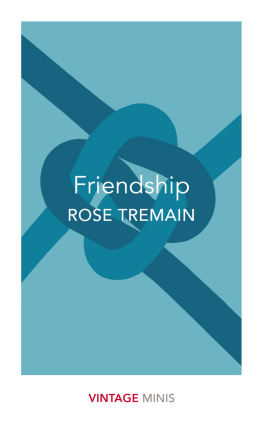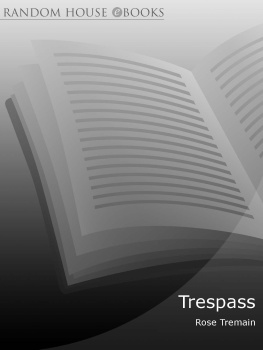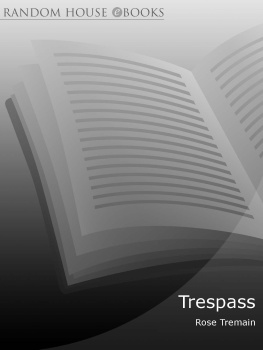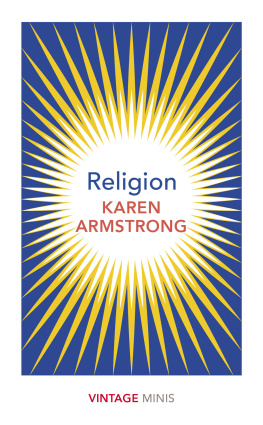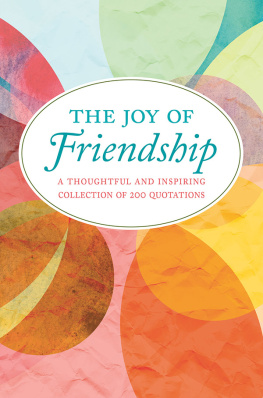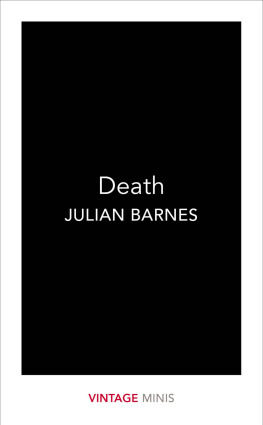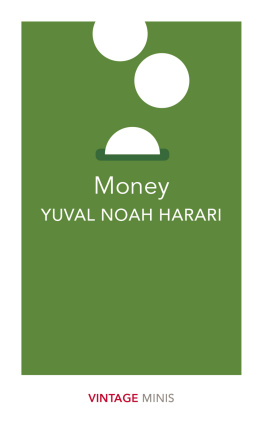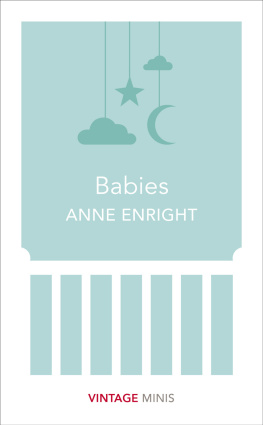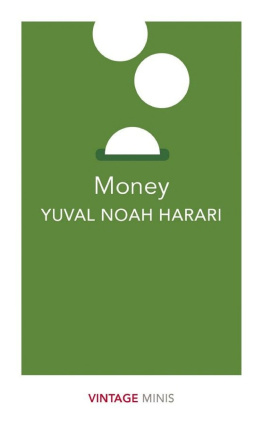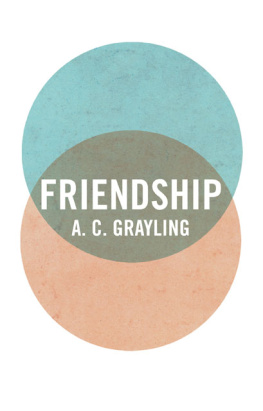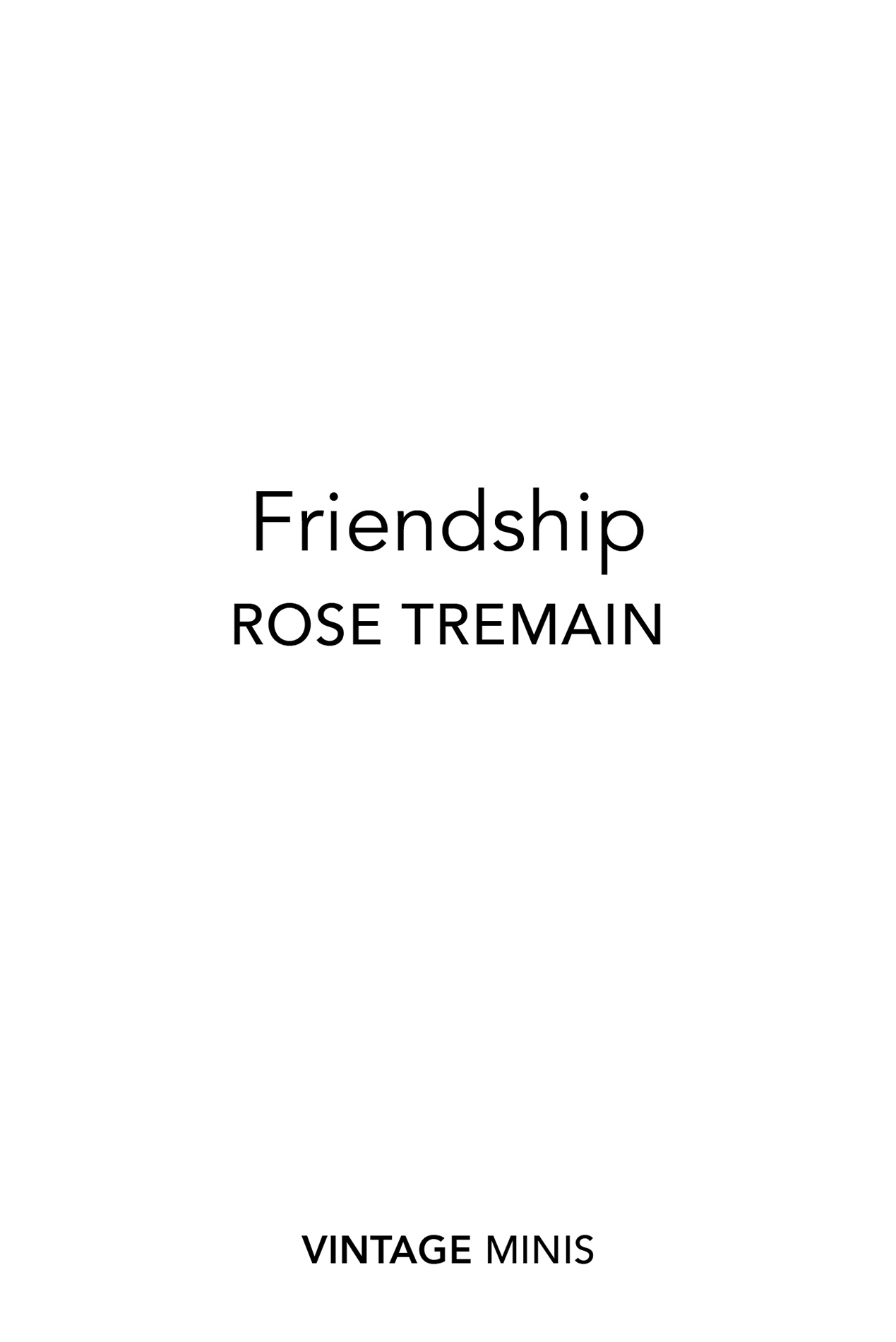This ebook is copyright material and must not be copied, reproduced, transferred, distributed, leased, licensed or publicly performed or used in any way except as specifically permitted in writing by the publishers, as allowed under the terms and conditions under which it was purchased or as strictly permitted by applicable copyright law. Any unauthorized distribution or use of this text may be a direct infringement of the authors and publishers rights and those responsible may be liable in law accordingly.
Epub ISBN: 9781473556058
Version 1.0
1 3 5 7 9 10 8 6 4 2
VINTAGE
20 Vauxhall Bridge Road,
London SW1V 2SA
Vintage is part of the Penguin Random House group of companies whose addresses can be found at global.penguinrandomhouse.com.
Introduction copyright Rose Tremain 2017
Extracts from Restoration copyright Rose Tremain 1989
Extracts from The Gustav Sonata copyright Rose Tremain 2016
Author image copyright David Kirkham
Rose Tremain has asserted her right to be identified as the author of this Work in accordance with the Copyright, Designs and Patents Act 1988
Restoration was first published in Great Britain by Hamish Hamilton in 1989
The Gustav Sonata was first published in Great Britain by Chatto & Windus in 2016
This edition published by Vintage in 2018
penguin.co.uk/vintage
A CIP catalogue record for this book is available from the British Library
Introduction
THE SUBJECT OF romantic love has been fictions prime obsession ever since Heathcliff called to Cathy from the Yorkshire moors, ever since the faithless Willoughby broke Marianne Dashwoods heart and long before. And its easy to see why. As people in the West believe less and less in religious salvation, so they seek meaning and redemption, happiness and comfort in union with a beloved other. That this search may sometimes engender jealousy, pain and disappointment only adds to its fatal attraction as a subject for the novelist.
Ive added my bit to the vast store of literature about love in several of my books, but I have also paid close attention to loves quieter relation friendship. For its my belief that friendship, which often begins in early childhood and follows us all through our lives, is a formative and precious thing, able to influence our moral positioning in the world, teach us the rules of kindness and generosity, and anchor us to sanity when times are bad.
This small book traces two significant friendships: the bond between Robert Merivel and John Pearce in Restoration, and that between Gustav Perle and Anton Zwiebel in The Gustav Sonata.
It was interesting to note that in the 1995 movie of Restoration, the producers felt that the primary subject the novel explores, namely the bond between Merivel and Pearce forever in conflict with Merivels helpless adoration of the King and the material blessings his power can bestow wasnt a strong enough theme for the film. They rewrote the story to give centrality to the role of Celia, the youngest of the Kings mistresses, Merivels paper bride whom he is forbidden to touch.
Celia is placed in my book as the agent of Merivels downfall. She serves the arc of the story, but emotionally, she isnt important. What Merivel feels for her is simple forbidden lust. What he feels for Pearce is not only lifelong affection; he also understands that Pearce is the living embodiment of his own conscience, that only in Pearces stern heart resides any true knowledge of what he, Merivel, is, what he has been and what he could become. Merivels persistent failure to live up to Pearces vision is the engine that drives the narrative. It is through these multiple failures that we get to know Merivel: his acts of generosity, his talents as a doctor, his weakness for material splendour, his moments of repentance and self-laceration. It is also where much of the humour of the novel resides. In downgrading the friendship between Merivel and Pearce to an incoherent sub-story, the movie writers literally lost the plot.
No film has yet been made of The Gustav Sonata. It would be difficult to realise, because this story traces a friendship that lasts for sixty years. We meet the boys at a kindergarten in Switzerland when they are five years old, and what is set down straight away is Gustavs instantaneous longing to make Anton his friend.
Antons life, as the talented and emotional son of rich and affectionate Jewish parents, differs in almost all respects from Gustavs. Gustav is the lonely, neglected son of a hard-hearted single mother, given no toys, no physical nurturing, no encouragement, and only told repeatedly that he must practise self-mastery. What he sees in Anton is a child who is free, who can become what he wishes to become, with the blessing of everyone around him.
It is as though, for Gustav, Anton has something god-like about him, an aura of wonder and power. By attaching himself to Anton, never able to let that attachment fade or die, Gustav will suffer much heartache. But he intuits early on that the other boy has a deep need of him, and that eventually, he may be the one person who will stand between Anton and his wilful self-destruction. This task, too, can sometimes be the duty of a friend.
I have tried to make coherent the trajectory of these friendships in the extracts from Restoration and The Gustav Sonata that follow. Inevitably, there are ellipses in both stories events taking place offstage where we cant see them. But its my belief that readers are much cleverer than some authors assume, and that here, they will enjoy the process of filling in the gaps.
Restoration
The beating heart
AT CAIUS COLLEGE , Cambridge, in 1647, I met my poor friend, Pearce.
His room was below mine on the cold stairway. We were both by then students of anatomy and, though our natures are so antipathetic, our rejection of Galenic theory, coupled with our desire to discover the precise function of each part of the body in relation to the whole, formed a bond between us.
One evening, Pearce came up to my room in a state of hilarious perturbation. His face, habitually grey-toned and flaky, was rubicund and damp, his stern green eyes suddenly afflicted with a louche brightness. Merivel, Merivel, he babbled, come down to my room. A person is standing in it who has a visible heart!
Have you been drinking, Pearce? I asked. Have you broken your vow of No Sack?
No! exploded Pearce. Now come down and you will see for yourself this extraordinary phenomenon. And, for a shilling, the person says he will permit us to touch it.
Touch his heart?
Yes.
Its not a cadaver then, if its mind is on money?
Now come, Merivel, before he flees into the night and is lost to our research for all eternity.
(Pearce, I report in parentheses, has this flowery, sometimes melodramatic way of speaking that is interestingly at odds with the clipped, odourless and self-denying man he is. I often feel that no anatomical experiment would be capable of discovering the function of these ornate sentences in relation to the whole, soberly-dressed person, unless it is a universal but contradictory fact about Quakers that, whereas their gait, habit and ritual are monotonous and plain, their heads are secretly filled with a rapturous and fandangling speech.)

